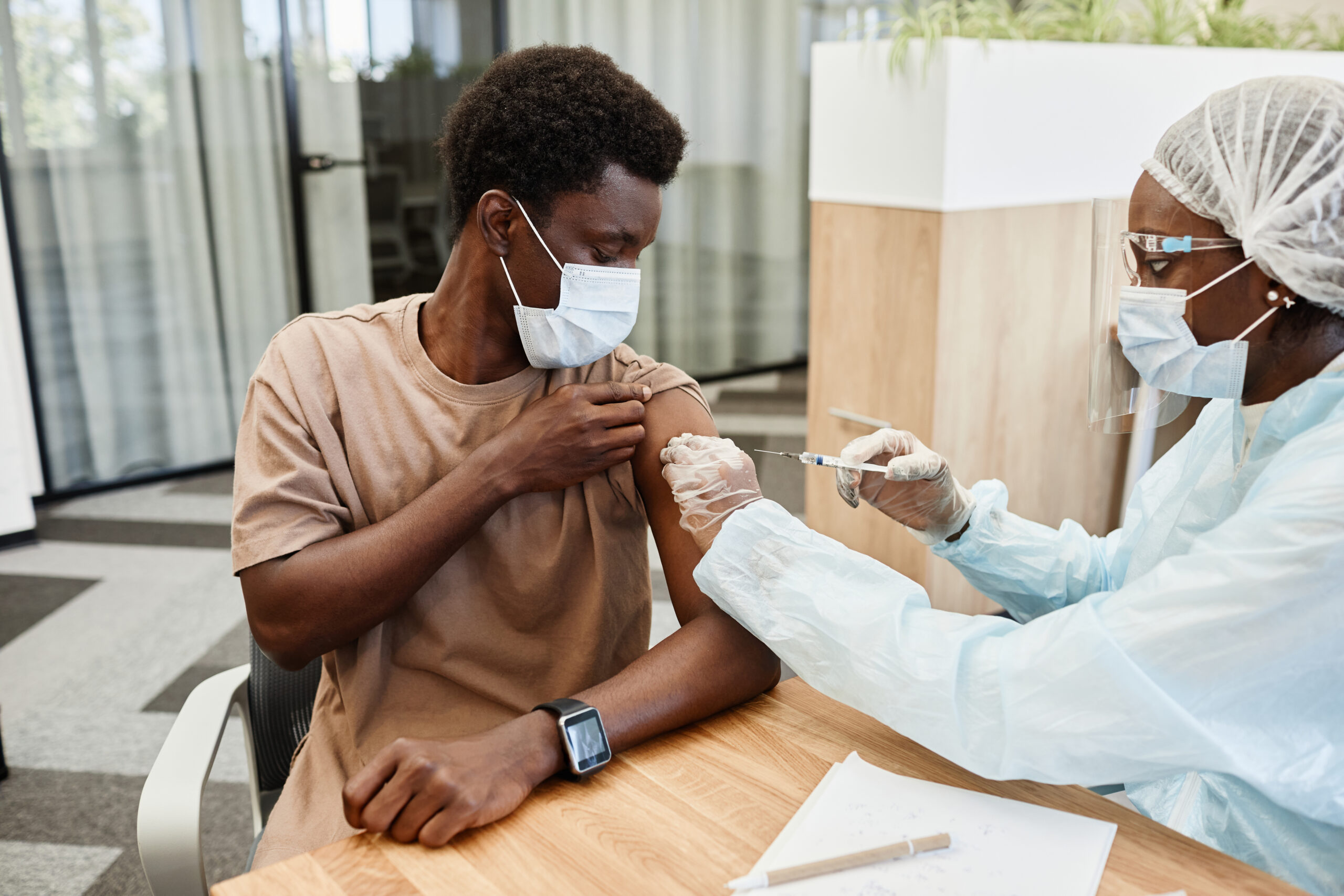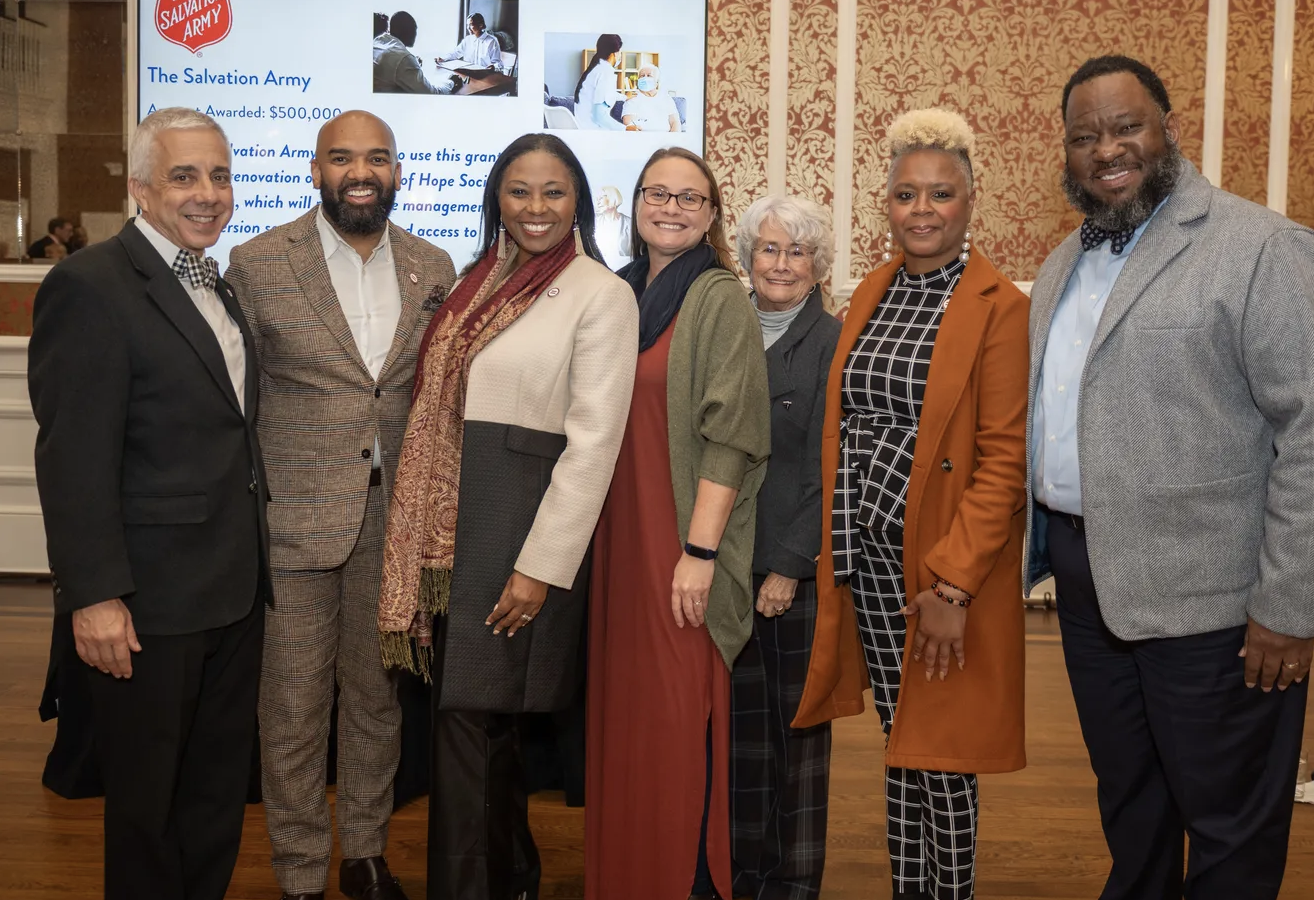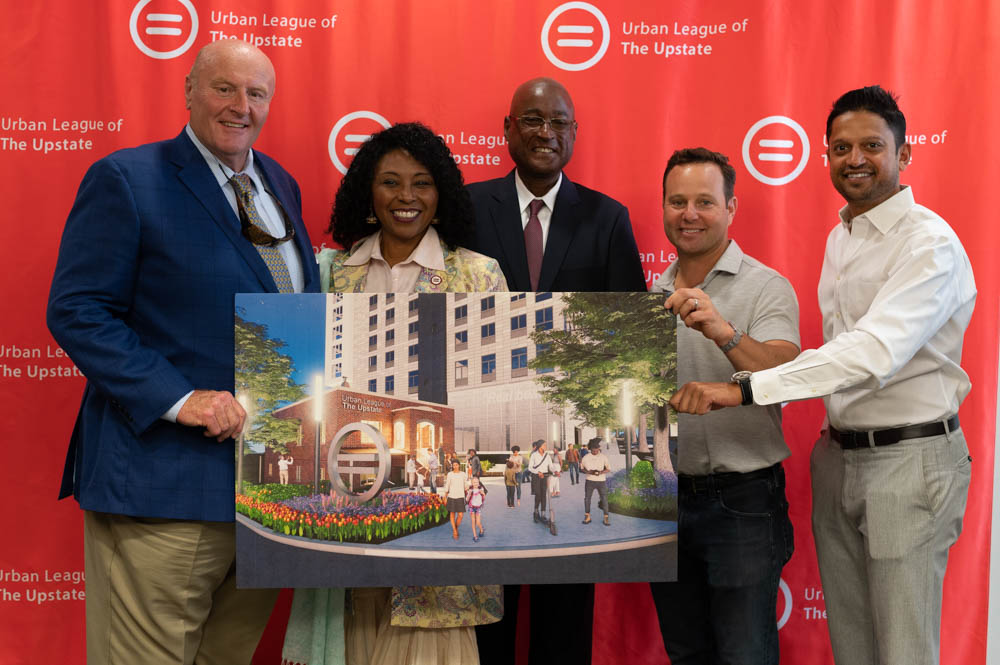Vaccine Hesitancy
Vaccine hesitancy is a significant challenge within minority communities. The reluctance to get vaccinated stems from a complex mix of historical, social, and systemic factors that have eroded trust in the healthcare system. At the McClaren Institute for Health & Quality of Life, we recognize the urgent need to address these issues and are committed to creating trust and providing equitable access to vaccines within our communities.
One of the primary reasons for vaccine hesitancy among Black and underserved communities is a deep-seated mistrust of the healthcare system. This mistrust is rooted in historical abuses and ongoing systemic inequities. For example, the notorious Tuskegee Syphilis Study, where Black men were deliberately misled and denied treatment for syphilis for decades, has left a lasting impact on the Black community’s experience of medical institutions.
Similarly, indigenous populations have faced a history of unethical medical practices, including forced sterilizations, which have contributed to their fear and skepticism towards modern healthcare.
In addition to historical factors, minority communities often encounter even more misinformation about vaccines. This misinformation, often attributed to social media, is exacerbated by a lack of access to accurate, culturally relevant information.
Access to vaccines is another critical issue. Black and underserved communities are more likely to live in areas with fewer healthcare facilities and vaccination sites. The structural barrier, combined with economic challenges like lack of transportation, inability to take time off work, and the absence of paid sick leave, makes getting vaccinated a significant hurdle. This reality is part of why Dr. Edward McClaren founded the McClaren Medical Shelter in 1949.
We believe that trust is built through real relationships, which is why we are passionate about our community engagement. We work closely with community leaders and faith-based organizations who are trusted voices within their communities. By partnering with these individuals, we’re able to have an open dialogue where individuals can express their fears or concerns and receive reliable answers.
Our mission is for The McClaren Institute to be a place that provides healthcare access to those who need it most. In addition to providing accurate information to members of our communities, we hope to offer other services like pop-up clinics and blood pressure screenings as partnerships grow.
We know that by working together with our communities, we can overcome these barriers, and ensure that everyone has the opportunity to protect themselves and their loved ones through vaccinations and proper healthcare.
[/et_pb_text][/et_pb_column][/et_pb_row][/et_pb_section]




